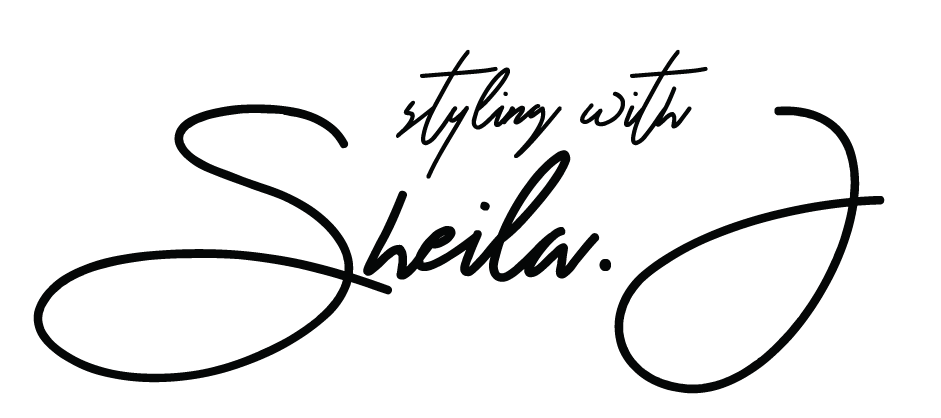Photoshop Portrait Tips
Whether you’re shooting portraits as fine art or stock photography, Photoshop can greatly improve the quality of the final version of your images. However, it should be noted that Photoshop is best used as a tool for post-production work and not as an aid to fix the photograph. The usual common-sense rules of portrait photography should apply when taking the image. Make sure the exposure is correct, the lighting is adequate, the eyes are in focus, the background is appropriate, and so on. Getting as many elements of the photograph done correctly before sending the picture through post-processing will aid greatly for delivering the final product.
You also should be aware that there are things Photoshop can’t fix, such as light reflections in glasses. If the subject is wearing glasses, the face and/or lights should be placed at an angle, so you don’t get glare or lights reflected off the lenses. Avoid glare on eyeglasses by setting lights at an angle. Image copyright Oleg Gekman via Dreamstime.
Once you have the portrait loaded into Photoshop you can make the usual adjustments such as color correction and brightness and contrast. The Spot Healing Brush Tool is a fantastic tool for doing your post work. Even if you are meticulous, careful, and purposely look for details that can affect image quality, the eye does not always see everything the way the camera does. Lint, specks of dandruff, stray hairs, these can be missed by the eye and easily removed with the Spot Healing tool.
The Spot Healing tool can also be used to remove blemishes and skin defects. The problem here is how much correcting you should do. Some people have very noticeable skin problems and scars. If you go too far then it becomes very obvious that the photo was heavily edited. Yet most people will want their portrait to be as flattering as possible. You may be asked to remove bags under eyes or to remove wrinkles. It can be fortunate when the subject will request these types of defects be removed even if it goes beyond what they currently look like.
Before and after touching up portrait in Photoshop. Image copyright Luanateutz via Dreamstime.
In many cases, even with super models, skin tones are not even and consistent. There may be patches of blotchiness or redness. You can search for online Photoshop tutorials that will help even out the skin and fix patchy, blotchy, and uneven skin tones. The challenge here is there are numerous ways to fix skin tones and similar skin issues. One tutorial provides instructions for one method while others will describe completely different strategies. Some can be complicated to follow. The purpose of this blog is to provide education on what to look for so it will be up to you to find a process that you understand and can follow. Many techniques require creating various types of masks and layers so if you’re not familiar with these, you may need to take it slow until you understand what is being presented.
You will also want to make sure you’re using the proper type of skin correction. There are processes to help reduce skin defects while at the same time keeping things looking as natural as possible while other methods are more for fashion and glamor types of shots. Glamor skin correction can give the skin an almost mannequin look and feel, and this is actually desirable when working with younger women. It also works well with elderly women to give them a more youthful appearance, but you will need to avoid overdoing it, you still need to maintain a respectable level of age to keep the face looking natural, flattering, yet age appropriate.
It may not be fair, but older men can get away with having more wrinkles. It would still be good if you can reduce any age spots and similar skin issues to where they don’t stand out when looking at the photograph. The goal is to capture the essence of the person without any deterrents being overbearing.
When it comes to using Photoshop to help with portrait photography, again, getting the photograph correct in the camera will make post processing work that much easier. The Spot Healing Brush Tool will make fixing those little details missed by the eye an easy task. Find a tutorial that works for you when adjusting skins tones and blemishes. Once you find a technique that you like, the process will become quick and easy. In the end, the trick is to make the person look flattering without being obvious for any corrections having been made.
